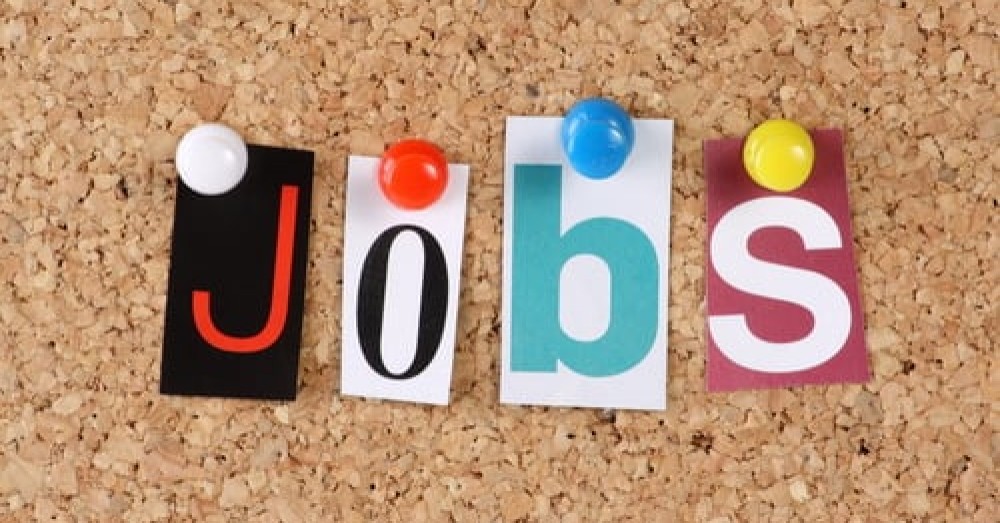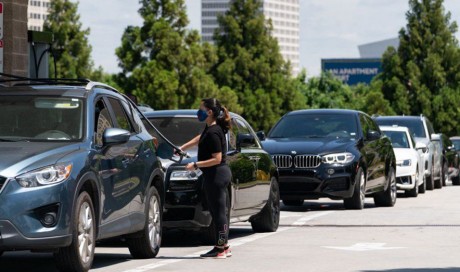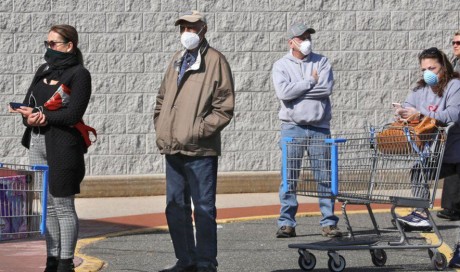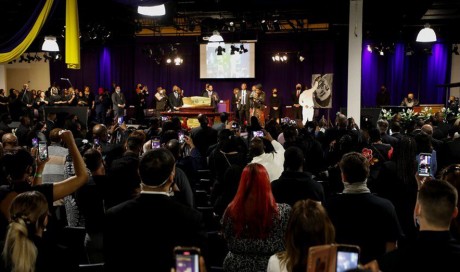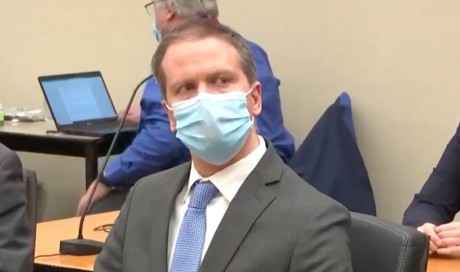The coronavirus pandemic ravaged the US. labour market just as it was starting to benefit disadvantaged communities, and if the job losses last, some workers could face a long climb back to where they were financial, Federal Reserve Chair Jerome Powell said on Wednesday.
Just two months ago, the US economy was in its 11th year of an expansion that seemed poised to continue, Powell said during a news conference after the Fed said it would keep interest rates near zero until the economy recovers.
"We were hearing from minority and low-to-moderate-income communities that this was the best labour market they had seen in their lifetime," Powell said. "It is heartbreaking to see that all threatened now."
More than 26 million Americans have filed for unemployment benefits in the last five weeks after losing jobs as a result of the devastating economic fallout from the coronavirus outbreak. Black and Hispanic workers are being hit particularly hard, Powell said, because the unemployment rate tends to rise faster for minorities and low-income workers than it does for other groups.
His comments were in line with recent research showing that low-income workers, including black and Hispanic workers and those without a college degree, are losing jobs at a faster clip than white workers.
Hispanic workers are taking the biggest hit, with 61% saying they or someone in their household lost a job or experienced a pay cut because of the pandemic, according to an April survey by the Pew Research Center. That compared with 44% of black workers and 38% of white workers.
People of color are also less financially prepared to cope with a job loss. Only 29% of Hispanics and 27% of African-American adults said they had emergency savings that would cover their bills for up to three months, compared with 53% of white adults, Pew said.
"Everyone is suffering here, but I think those who are least able to bear it are the ones who are losing their jobs and losing their incomes and have little cushion to protect them in times like that," Powell said.
The longer people are out of work, the harder it can be to find another job or to reestablish their careers, he said, which is why the Fed is moving aggressively to keep credit flowing and to avoid lasting damage on the economy.
"It doesn‘t seem fair that people should lose everything they have, including their homes over this," Powell said.
Share This Post

